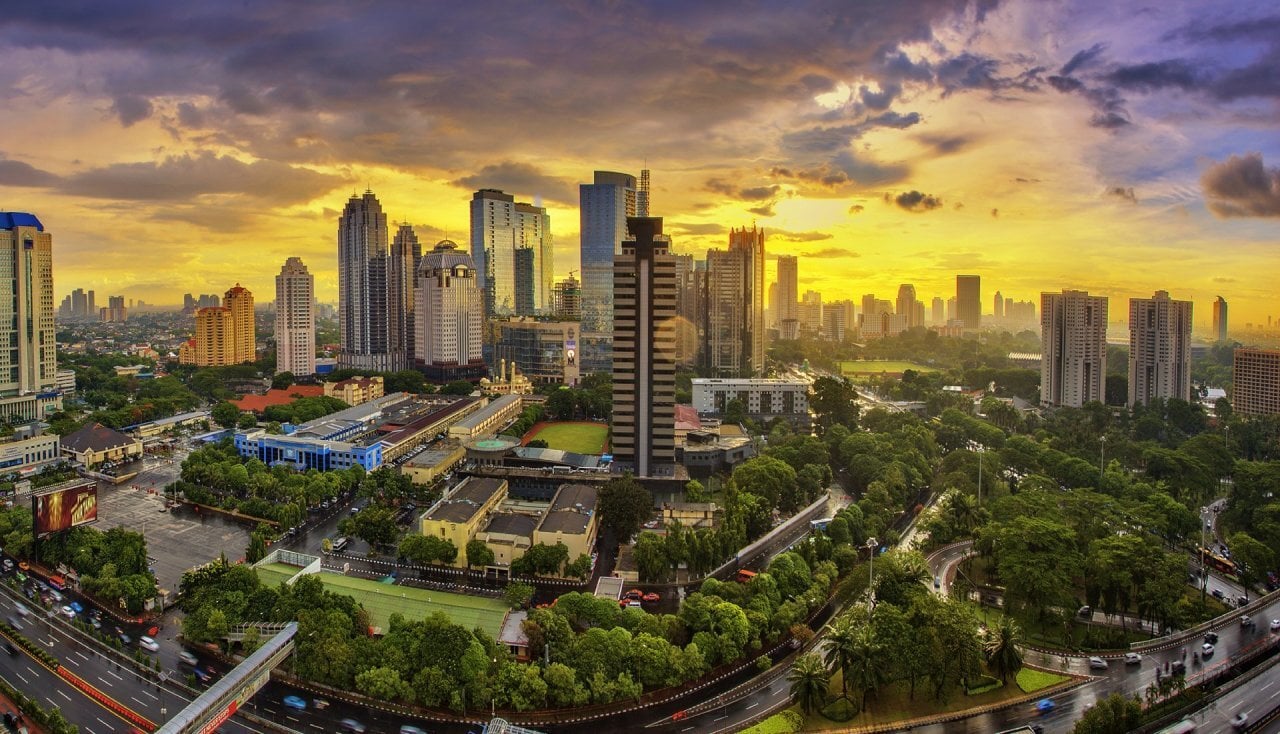Is Portugal Cheap or Expensive? Spending Money Guide 2024
With its landscape of historical cities, sun-kissed beaches, and incredible cuisine, it's easy to see why Portugal is a popular destination in Western Europe for people from all over the world. But is Portugal expensive, and how much spending money do you need?
At Crown Currency Exchange, we've taken the guesswork out of planning a spending money budget for your trip to Portugal. Below, you'll find the average cost breakdown for accommodation, food, transport, and activities, all in line with your preferred travel style.
How Much Spending Money Do I Need for Portugal?
You might be wondering what your travel style is exactly. Put simply; it's a way of measuring the type of accommodation you think you'll be most comfortable in, where you'd like to eat, and what you'd like to do when you're in Portugal. To make things clearer, we've broken things down into three different travel styles and outlined what you'll be able to get within each budget.
Budget Travellers
Portugal is one of the best countries for budget travellers to visit, as most things are relatively inexpensive. For a daily budget of around €80 EUROS will allow you to stay in a hostel or campsite, enjoy meals from food stalls and cafes, and get around using public transport or bike hire.
You'll also be able to visit the huge number of marine species in Oceanario de Lisboa and enjoy a wine tasting at The Wine Experience Museum.
Mid-range Travellers
For those looking for a little more luxury, a mid-range budget of around €160 EUROS per day will get you a unique hotel room in a Pousada, meals in a Fado House and groceries for the week, along with the opportunity to travel by a mix of taxi and public transport.
In terms of activities, a mid-range budget will allow you to take part in guided tours of Mosteiro dos Jeronimos and Torre de Belem, both of which are incredible historic sites.
Luxury Travellers
Should you prefer to travel in as much luxury as possible, a daily budget of up to €300 EUROS will allow you to stay in a luxury hotel or hire an entire villa, enjoy Michelin-starred food and drink, and hire a car for the duration of your trip.
You'll also be able to enjoy some of Portugal's most exciting activities, including a day trip to Zoomarine Algarve and a guided painting session at Lago Artes.
What Goes into a Travel Budget?

- Accommodation: Potentially the most important aspect of your travel budget, your accommodation costs will determine where you'll be able to spend the night and where you'll be able to call home throughout your trip to Portugal.
- Transportation: You'll also need to think about how you're going to get from place to place when you're visiting Portugal, so another important portion of your budget planning will need to go towards your transportation costs.
- Activities: No trip to Portugal is complete without taking part in some of the amazing activities on offer, so be sure to set some money aside for a day trip or two as well.
- Food & Drink: You're also going to need to eat and drink while you're in Portugal. Luckily, there are many options available to you, but budgeting correctly will help you decide where you can dine every day.
What is the Cost of Accommodation in Portugal?

Accommodation costs in Portugal vary dramatically depending on where you'd like to stay, with the least expensive option of a hostel costing around €22 EUROS per night and villa rental or luxury hotels costing up to €290 EUROS per night.
- Budget Travellers: You can get inexpensive accommodation quite easily in Portugal by camping or staying in a hostel with a budget of up to €22 EUROS per night.
- Mid-Range Travellers: For a more comfortable stay, a budget of up to €100 EUROS per night will get you a room in Pousadas or mid range hotels.
- Luxury Travellers: A budget of up to €280 EUROS per night will allow you to stay in a luxury hotel room or hire an entire villa.
Different Accommodation Options:
- Hostels: The most popular option for budget travellers, a night in a shared hostel dorm room will cost around €22 EUROS. Some also offer private rooms, which will cost a little more, but shared rooms are a great way for solo travellers to meet other people.
- Camping: There are campsites throughout Portugal, and this is a great form of accommodation if you're backpacking across the country. On average, you can expect to spend just €5 EUROS per person, making it an extremely budget-friendly choice.
- Rental Villas: For groups of friends or large families staying together, a rented villa is often the best choice of accommodation. Prices vary depending on the size of the villa or apartment you need, but on average, you'll spend €280 EUROS per night.
- Pousadas: Ideal if you're looking for a unique place to stay, Pousadas are historic properties that have been converted into hotels. These are often located in scenic parts of Portugal, and the average nightly price of staying in a Pousada comes to €110 EUROS.
- Luxury Hotels: Portugal boasts some of the world's most luxurious hotels and resorts, and these are one the best places to stay if you want to create a truly indulgent holiday. As expected, these come with higher accommodation costs, and an average nightly price comes in at €200 EUROS.
Our Money-Saving Tips for Accommodation Costs:
- Get Organised: Planning your trip early and signing up for hotel mailing lists can mean that you'll get discounts and early booking promotions delivered straight to your inbox.
- Stay Outside The City Centre: Accommodation prices tend to be higher in the city centre than on the outskirts, so look at hotels in the surrounding area to see if rates are any cheaper.
What is the Cost of Food in Portugal?

Portugal is a gastronomic haven and offers a diverse range of cuisine to suit every taste and preference. Here are some of the most exciting places to eat and drink in Portugal, along with their average cost:
- Tascas: Essentially traditional Portuguese taverns, Tascas are cosy eateries that offer small dishes known as "petiscos". Prices here are relatively inexpensive for in-house dining, with the average price of a three course meal costing €37 EUROS.
- Fado Houses: A truly memorable experience, Fado Houses mix Portuguese cuisine and music together, and you can enjoy traditional meals alongside the "Fado" genre of music. The average cost of a three course meal with drinks in a Fado House comes to €40 EUROS per person.
- Street Food: Portugal has a vibrant, buzzing street food scene, and you'll find stalls and trucks selling traditional cuisine, including bifana and francesinha (both incredible sandwiches) for as little as €4 EUROS. This makes it one of the best options for budget travellers.
- Pastelarias: Ideal if you're looking for a quick, sweet treat, Portugal's Pasterlarias serve a variety of cakes and pastries, including the iconic Pastel de Nata (Portuguese Tart), which costs just €1.50 EUROS on average.
- Michelin-Starred Restaurants: When only the finest will do, head to one of Portugal's Michelin-starred restaurants and sample some of the best cuisine you've ever eaten. Prices here are higher, however, and a three course meal costs around €305 EUROS per person.
- Groceries: You may also want to pick up some groceries, especially if you're staying in self-catering accommodation. The average price of grocery shopping for a week in Portugal comes to €60 EUROS per person and includes all of your essential items.
Our Money-Saving Tips for Food Costs:
- Look Out For The "Prato Do Dia": One easy way of keeping your food costs low is by looking for the "Prato Do Dia" in restaurants. This means "dish of the day", and generally consists of fixed price menus consisting of three courses.
- Eat More At Lunch: You can also save money by eating more at lunchtime, as some restaurants operate with a different, higher-priced menu in the evening.
What is the Cost of Transport in Portugal?

There's so much to see and do when visiting Portugal that you'll need to think about how you're going to get around. There are quite a few transport options available with something for every travel style, including:
- Public Transportation: Trains, buses, and the Metro system are all easy and convenient options when travelling around Portugal. They're inexpensive too, with the average price of train tickets costing €9 EUROS for a trip from Faro to Lisbon.
- Taxis: You'll also find taxis readily available in urban areas of Portugal, and these can be picked up on the spot or through Ridesharing apps. A little more expensive than public transportation mile-for-mile, the average cost of a taxi ride starts at €3.50 EUROS and then another €1.50 EUROS per kilometre.
- Bicycles: Many cities, including Lisbon, offer bike-sharing programs that make a convenient and healthy way of exploring the area. These are, however, a little more expensive, with prices starting from €13 EUROS per hour.
- Car Rentals: Should you prefer to take yourself from A to B without relying on public transportation, hiring a car is a good option. However, prices vary dramatically depending on the size and type of car you need, and the average price of a daily rental car is €37 EUROS for a small car.
Our Money-Saving Tips for Transportation Costs:
- Buy A Public Transport Pass: While public transport costs are quite low, multiple trips throughout a week can soon add up. But if you purchase a public transport pass, you'll get unlimited travel for a fraction of the cost.
- Avoid Tolls: When renting a car, it can be easy to get accidentally stung by toll charges on highways. So, we recommend planning your route in advance and, if using a sat nav, asking it to take you to your destination while avoiding toll roads.
What is the Cost of Activities in Portugal?

As you might expect from a country that is both steeped in history and surrounded by incredible scenery, there are plenty of amazing activities to enjoy in Portugal. Here are some of our favourites, along with an idea of their prices:
- Visit Oceanario De Lisboa: One of the largest aquariums in Europe, Oceanario de Lisboa is home to over 15,000 marine animals from 500 species. Entrance fees start from just €25 EUROS per person, making this a great low-budget activity for animal lovers.
- Tour Mosteiro Dos Jeronimos: Built in 1502, Mosteiro dos Jeronimos is an architectural wonder with a rich history. An e-ticket, which comes complete with an audio tour, will cost you €20 EUROS per person.
- Take A Private Tour Of Torre De Belem: Another great activity for history fanatics, Torre de Belem is a 16th-century towerthat saw the launch of some of Portugal's most famous discovery ships. A private guided tour of this remarkable place will cost you €32 EUROS per person.
- Have A Family Day At Zoomarine Algarve: An excellent choice if you have young children to entertain, Zoomarine Algarve offers fun rides, such as the 'Jurassic River', along with live performances and educational shows. Entrance fees start at €37 EUROS during the high season.
- Enjoy A Tasting At The Wine Experience Museum: The perfect day out for wine lovers, a cost of €18 EUROS per person will give you a guided tour of The Wine Experience Museum, ending with a tasting session.
- Get Creative At Lago Artes: Ideal if you'd rather create a souvenir than buy one, a watercolour class at Lago Artes costs €35 EUROS per person, and you'll be guided through techniques and tips on how to perfect your painting skills.
Our Money-Saving Tips for Activity Costs:
- Use Group Discounts: Many tour operators will offer a discount if you book as a large group. This doesn't necessarily mean you need to be travelling as part of a group, though. Don't be scared to ask around your hostel or hotel to see if other guests would be interested in joining you for your chosen activity to get that discount!
- Research Free Entry: Throughout the week, many museums, galleries, and points of interest offer free admission, and you can save some money on entrance fees by researching ahead and going on those free entry days.
Other Expenses to Consider for the Trip

Alongside accommodation, food, transport, and activities, there are some other things you'll need to budget for when planning a trip to Portugal. These include:
- Travel Insurance: While it's easy to overlook travel insurance, it's a very important thing to take out before you head to Portugal. A good policy will cover you for any cancelled flight costs, lost luggage, medical emergencies, and more.
- Visas & Documents: You'll also need to think about how much your visa fee for Portugal is going to cost, along with the price of producing or renewing any other documents you need to travel.
- Shopping & Souvenirs: Whether it's for yourself or for friends and family, put some money aside in your budget to purchase gifts and souvenirs as a memento of your Portuguese holiday.
- Communication: Think also about the roaming costs associated with your phone's data plan, and if necessary, think about contacting your service provider ahead of time so you can keep your communication costs low while you're abroad.
- Tipping: While tipping isn't customary in Portugal, you may want to put aside some Euros to thank your waiter, taxi driver, or tour guide.
- Emergency Fund: It's also a good idea to leave a portion of money untouched so it can be used as an emergency fund for things that your travel insurance may not cover.
Most Cost-Effective Way to Take Euros to Portugal
Without a doubt, the most cost-effective way of taking Euros to Portugal is in cash. This is because banks and credit card providers are likely to charge an 'International Transaction Fee' every time you use your card, which, over time, can result in quite a few charges piling up. Using cash will also give you the freedom to shop in rural areas of Portugal too, where card payments may not be accepted.
At Crown Currency Exchange, you'll find a team of friendly experts who will give you all of the information you need on buying Euros with zero commission fees and no hidden charges. Get started by looking for your local Crown Currency Exchange Store.
FAQs
What currency does Portugal use?
The currency used in Portugal is the Euro (EUR).
Is Portugal expensive to visit?
Compared to some other European countries, Portugal isn't overly expensive to visit. However, the amount you'll spend will ultimately depend on your travel style.
Can I use cards to pay in Portugal?
Like most of Western Europe, you can use cards to pay for goods and services in Portugal. However, this can incur charges from your credit card provider or bank, so it's always best to use cash wherever.




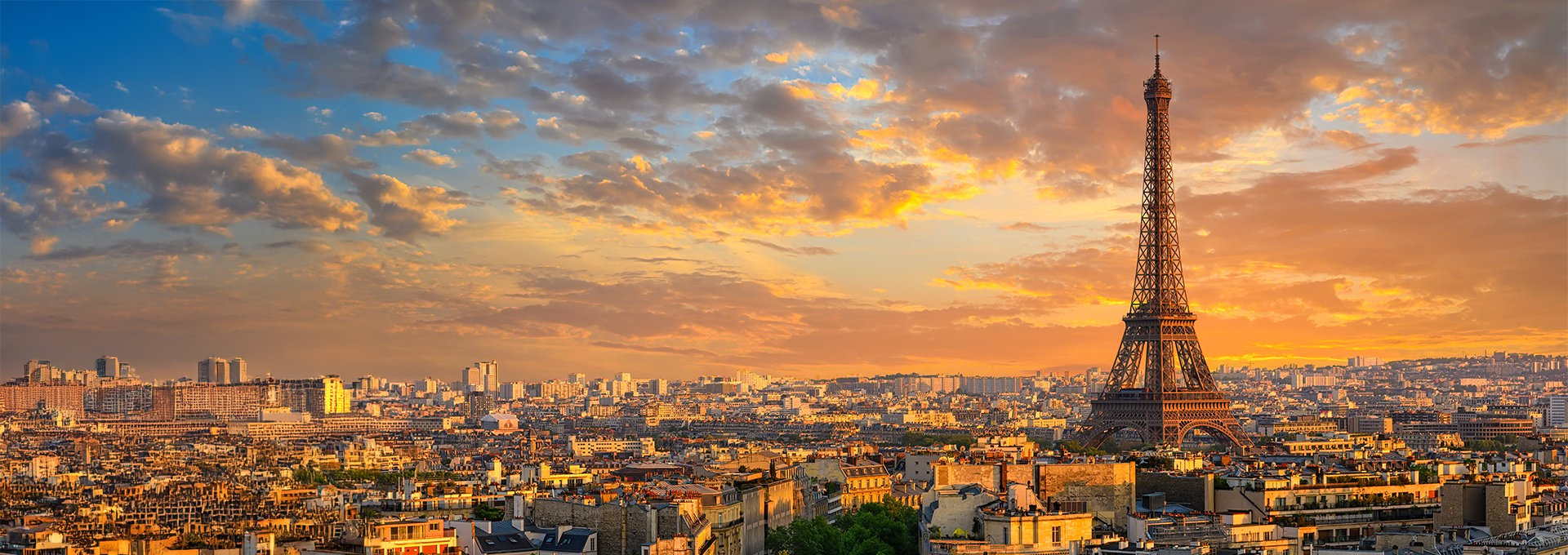
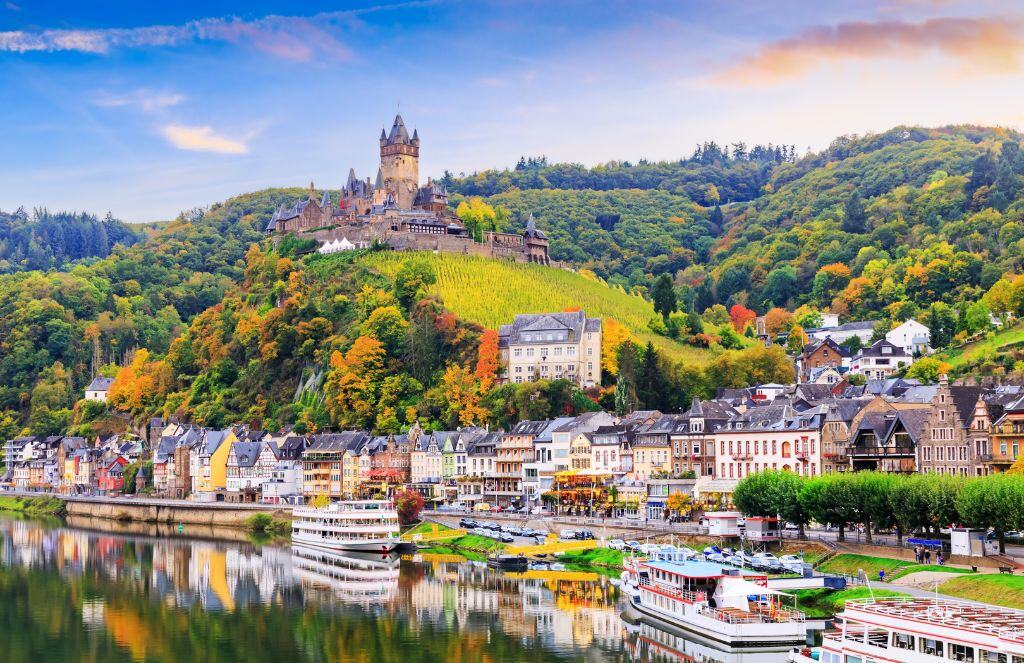

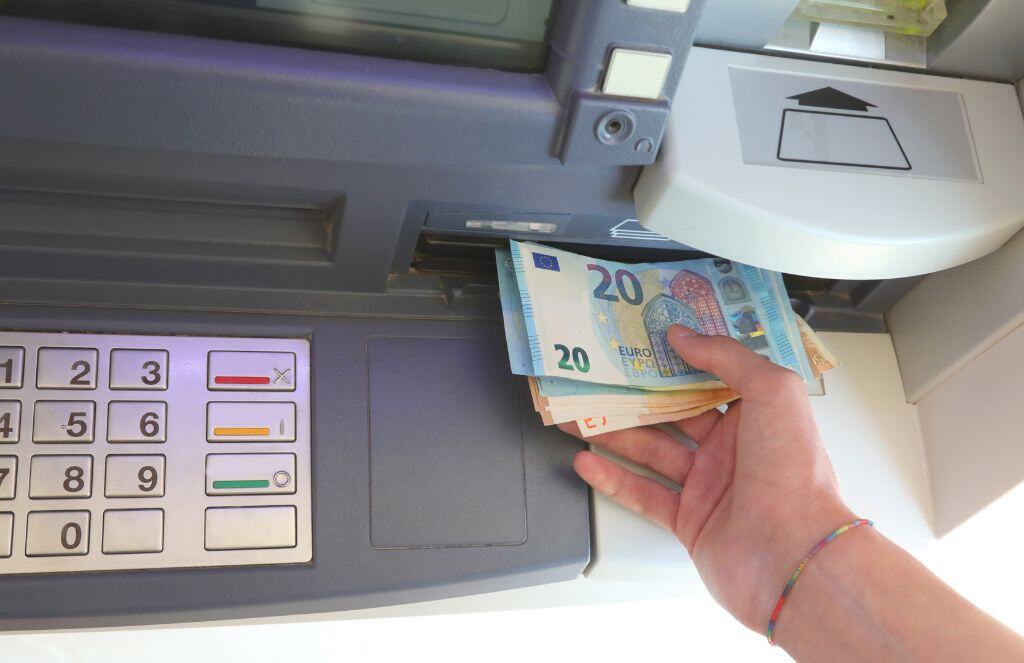
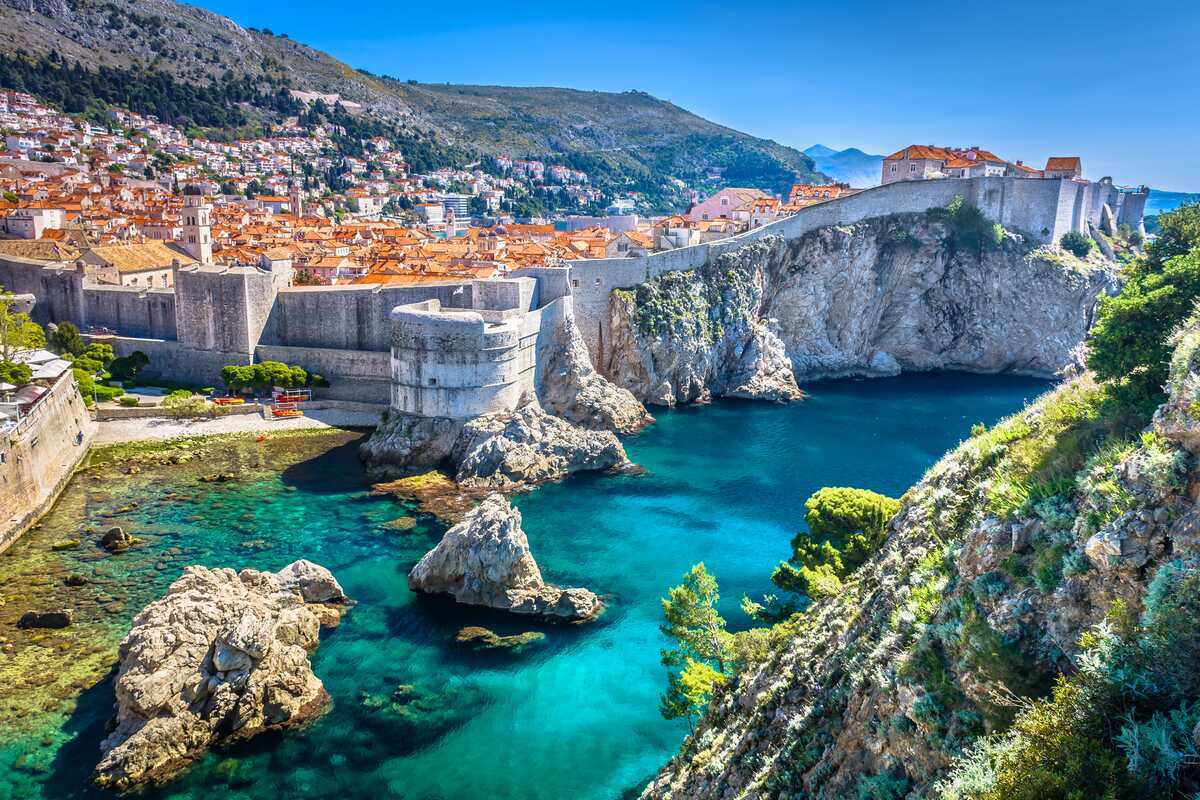

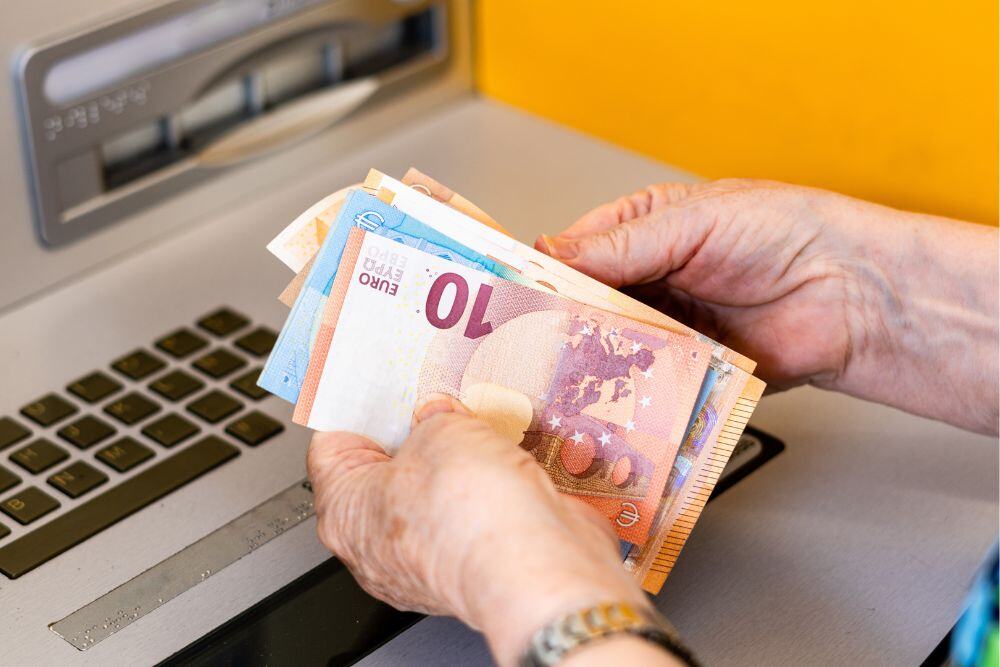

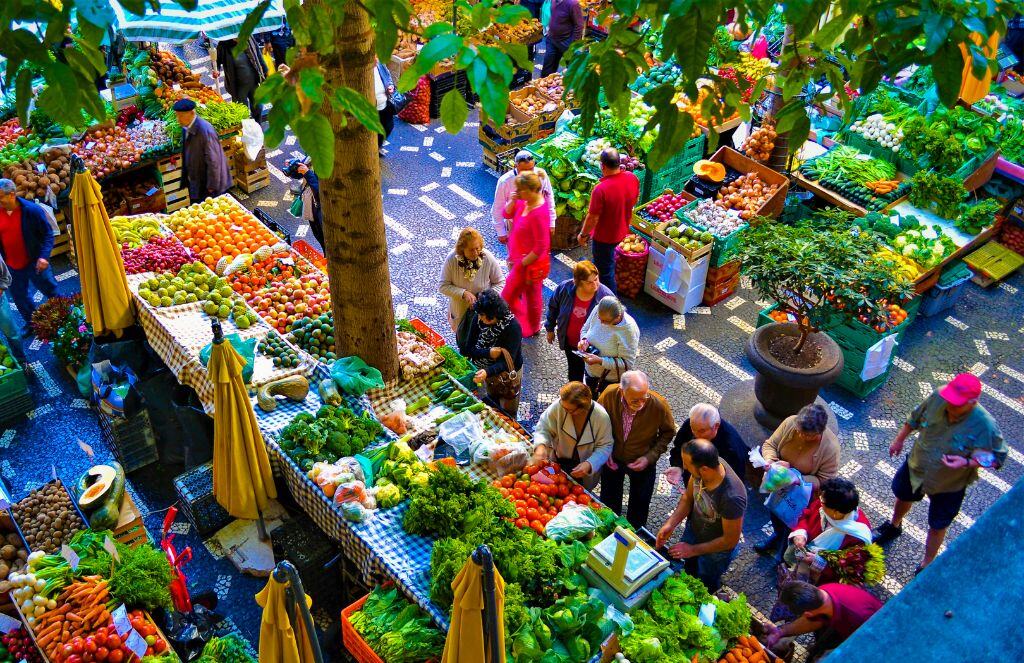

.jpg)

